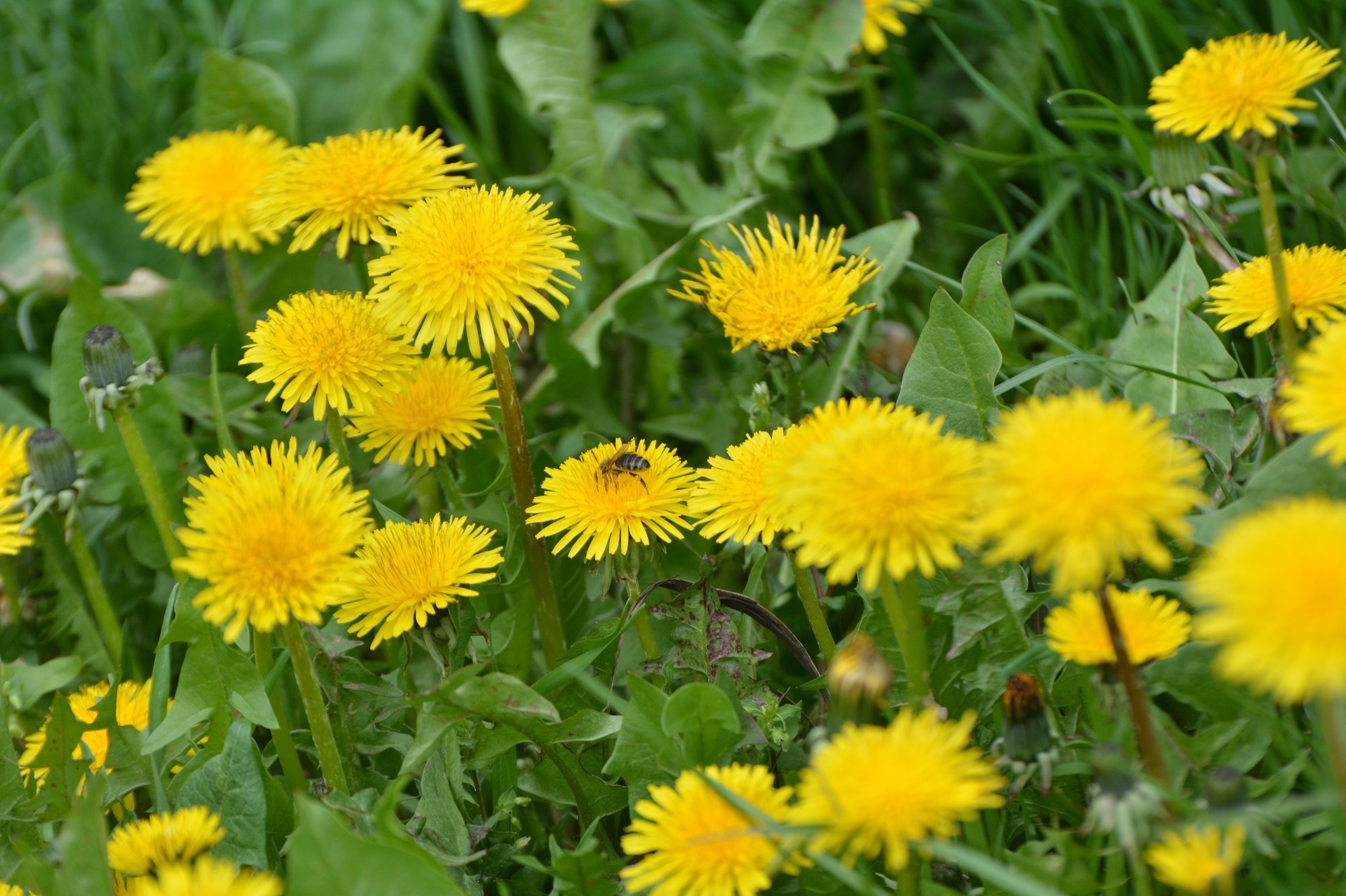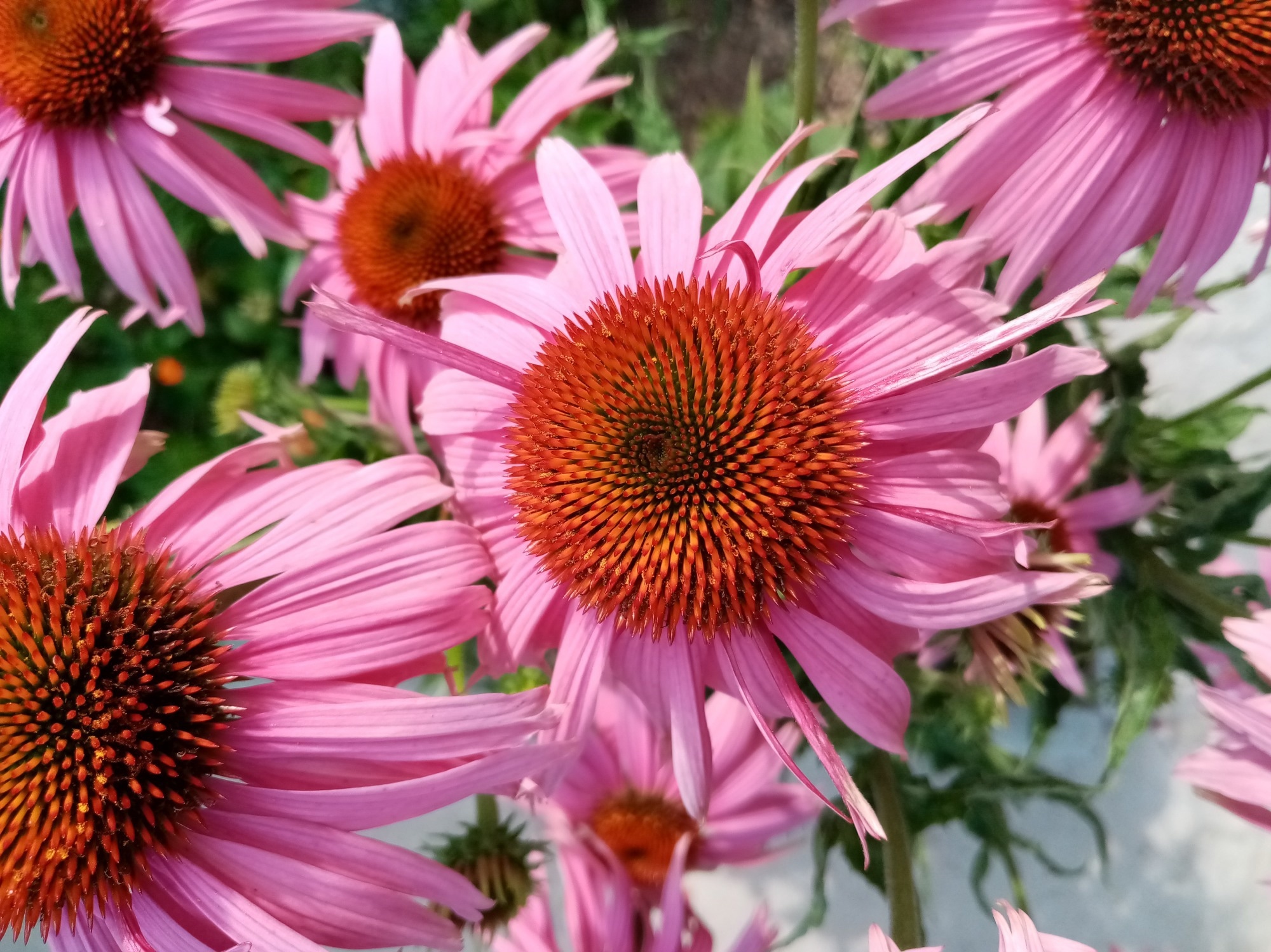The recent coronavirus disease 2019 (COVID-19) pandemic caused by SARS-CoV-2 has highlighted the importance of a well-regulated immune system to prevent severe infection and reduce viral transmission. A SARS-CoV-2 infection has been categorized into three groups, i.e., asymptomatic, non-severe symptoms, and severe symptoms.
Severe infection has been characterized as an uncontrolled inflammation response because of the dysfunctional immune response or tissue damage. Additionally, a decrease in B and T lymphocytes, especially, CD4+ and CD8+, and an increase in inflammation factors (e.g., cytokines) have been reported.
The complex SARS-CoV-2 pathogenesis has challenged the development of effective therapeutic drugs. To date, COVID-19 is regarded as a multi-medication treatment disease. Plant-derived extracts could serve as an alternative strategy to prevent and cure viral infections and immune-related diseases. Plant-derived formulations possess many properties, including immune-regulating activity.
About the Study
The current study reviewed the literature available in Mendeley, Elsevier, Google Scholar, Scopus, and SpringerLink through the Tecnologico de Monterrey library system and PubMed Central. The studies used different databases related to plant therapeutics based on their anti-inflammatory and immunoregulation properties.
Plants’ species and genera were selected based on availability, cost, and information. Plants were also chosen based on their effect on inflammatory cytokines and NF-κB.
In this review, immune-regulating activity based on biochemical and biochemical perspectives of plants and plant-derived formulations was assessed for bacterial and viral infection treatment. Plant species, such as Taraxacum officinale, Aloe vera, Carica papaya, Salvia rosmarinus, Allium sativum, Verbascum sp, Plantago sp, and Echinacea sp., were used to determine the underlying physiological mechanism associated with the immune-regulating activity. This approach would provide a scientific vision for the effective application of traditional plant-based medicine.
 Dandelion (Taraxacum officinale). Image Credit: Orest lyzhechka /Shutterstock
Dandelion (Taraxacum officinale). Image Credit: Orest lyzhechka /Shutterstock
The Innate Immune Response After Infection
The immune response is divided into innate and adaptive. Different organisms share innate immunity mechanisms; however, adaptive immunity is shared only between vertebrates. The innate response is associated with being the first line of defense from pathogenic infection. Non-hematopoietic cells (e.g., epithelial cells) and myeloid and lymphoid cell participates in intricate innate response. Understanding how different immune pathways are activated and regulated at molecular levels is imperative. This information would help formulate an effective strategy to manage the inflammatory response to infection.
The innate immune response is triggered by the pattern recognition receptors (PRRs), which are present in the membranes, and endosome antigen-presenting cells (APC). The immune cells detect pathogens as pathogen-associated molecular patterns (PAMPs) and damage-associated molecular patterns (DAMPs), which elicit inflammatory-related genes that result in cytokines and chemokines release. IFN-γ, TNF-α, and NF-κB are cytokine factors associated with different immune response-related pathways.
Medicinal Plant-Based Immunoregulative Therapeutic Agents
Medicinal plant-based formulations with immunoregulatory activity have been used to treat various diseases, including skin and respiratory infections caused by bacteria, viruses, and fungi. These formulations directly interact with chemokines, cytokines, hormones, and neurotransmitters.
A. vera extract can upregulate and downregulate the majority of cytokines. Hence, A. vera-based formulations are associated with immunoregulative function. In vivo studies using rats and mice models and in vitro experiments revealed that immunoregulative functions associated with A. vera were due to the presence of high concentrations of phytoconstituents, such as polysaccharides (e.g., acemannan and aloeride) and glycoproteins.
A similar immunoregulative pattern was observed between A. vera and Echinacea sp. Echinacea extracts have improved immune response due to the synthesis and release of proinflammatory cytokines. Human clinical trials revealed that E. purpurea extract could influence the mild reduction of cytokines IL-1β, TNFa, IL-8, and COX-2. Importantly, no adverse effects were found.
 Echinacea flower. Image Credit: Maslovainspiration / Shutterstock
Echinacea flower. Image Credit: Maslovainspiration / Shutterstock
Plantago major extracts exhibited dual effects, i.e., reduction in cytokines and factor synthesis. A. sativum also possesses an immunoregulatory effect, i.e., increasing and decreasing of different cytokines. A clinical trial related to fresh garlic revealed significant antiviral properties with the presence of IFN type I, and IFN-α genes. S. Rosmarinus has been commonly used as an anti-inflammatory agent, substantially reducing different cytokines.
C. papaya exhibited an anti-inflammatory effect with a considerable reduction of TNF-α, IFN-γ, and IL-6 levels in in vivo rat and mice models and in vitro experiments. Taken together, medicinal plant formulations have a significant immunoregulatory effect based on the pharmacodynamics of the bioactive compounds.
COVID-19 and Medicinal Plant-based Treatment
The authors strongly recommended a synergistic treatment based on plant-based formulations and available medical treatments for COVID-19. Plant-based extracts that improve immune response can be implemented at the early stage of SARS-CoV-2 infection. These formulations can also be used as preventive agents. Plantago sp., A. sativum, T. officinale, and A. vera extracts could be effective against COVID-19. Rosemary and C. papaya-based formulations could be provided to COVID-19 patients with chronic infection.
Although plant-based formulations have been used for hundreds of years without showing any adverse toxicological effects, it is vital to determine the appropriate dose for each patient. The dosage commonly depends on the medical condition, weight, anamnesis, and concentration of the bioactive compounds utilized for the medical purpose.